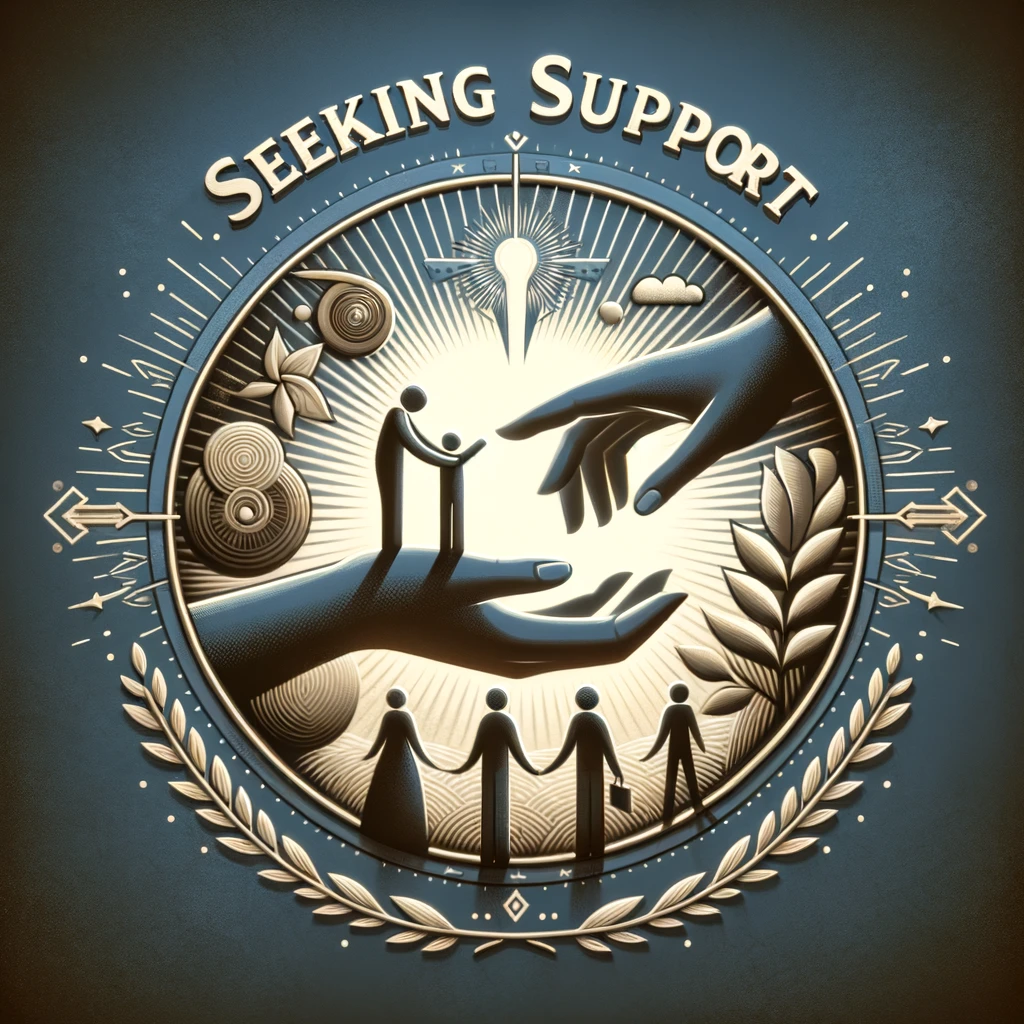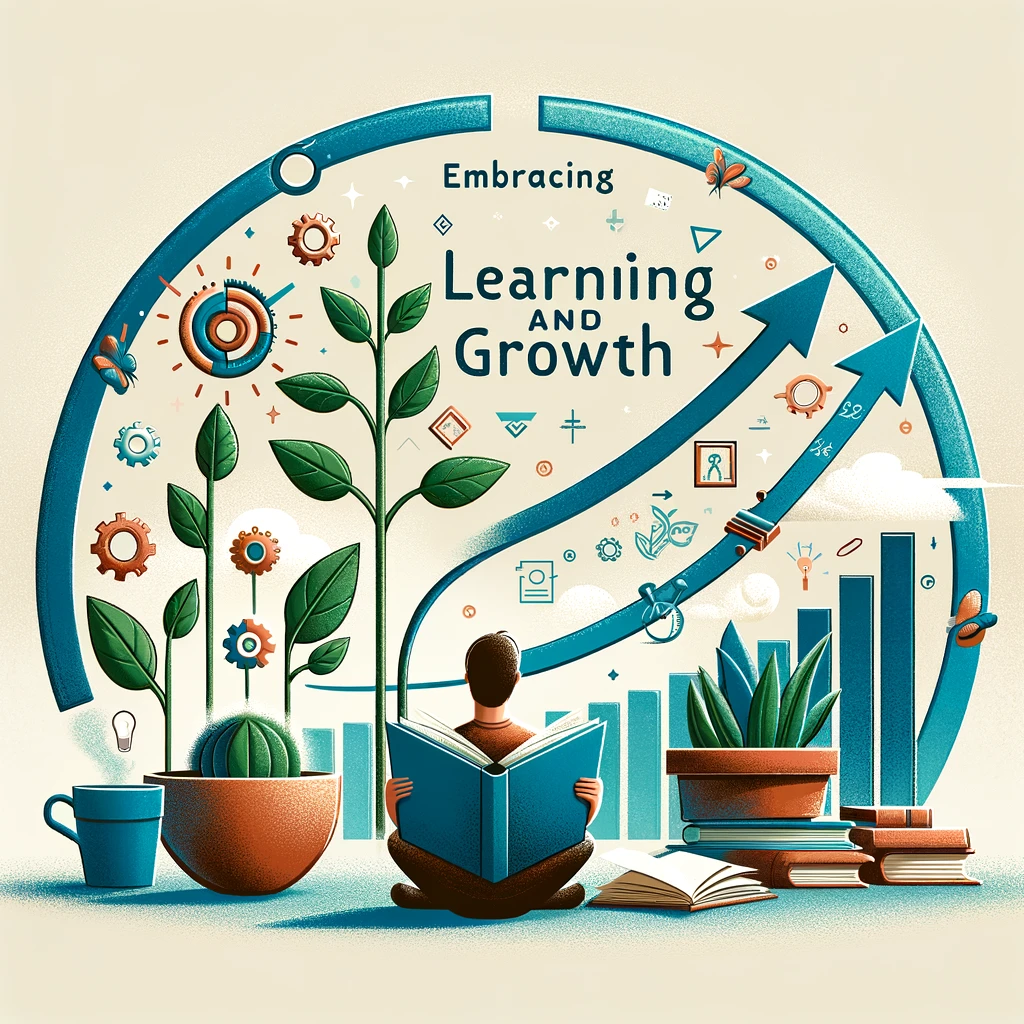Life is a continuous journey of transitions – from childhood to adulthood, from school to work, from being single to perhaps starting a family, and many more. These transitions, while a natural part of life, can be challenging and disorienting. In today’s blog post, we’ll explore strategies to navigate through these changes effectively, helping you embrace each new chapter with confidence and resilience.
Understanding Life Transitions: Life transitions are significant changes that can happen in various areas of life. These could be related to personal relationships, career, location, or personal growth. Each transition brings about a shift in our routine, role, or identity, requiring adjustments both mentally and emotionally.

1. Acknowledging the Change:
- Acceptance: Recognize and accept that change is a part of life. Denying or resisting change can lead to more stress and anxiety.
- Understanding Emotions: It’s normal to feel a range of emotions during transitions. Allow yourself to experience and understand these emotions without judgment.

2. Seeking Support:
- Lean on Your Network: Share your experiences with friends, family, or support groups. They can offer advice, comfort, and a different perspective.
- Professional Help: If needed, don’t hesitate to seek support from a counselor or therapist, especially if you’re struggling to cope.

3. Maintaining a Routine:
- Structure Your Day: Try to maintain a regular routine, as it can provide a sense of normalcy and stability during times of change.
- Self-Care: Prioritize self-care activities that nourish your body and mind, like exercise, a healthy diet, and adequate sleep.

4. Setting Realistic Goals:
- Short-Term Goals: Set small, achievable goals that guide you through the transition. These can provide a sense of accomplishment and direction.
- Flexibility: Be flexible in your expectations. Understand that it’s okay to adjust your goals as you navigate through the transition.

5. Embracing Learning and Growth:
- New Skills: Transitions often require new skills or knowledge. View this as an opportunity for personal growth and learning.
- Reflection: Reflect on what you’re learning about yourself during this transition. It’s a chance for self-discovery and development.

6. Cultivating Positivity and Resilience:
- Positive Outlook: Try to maintain a positive attitude towards change. Look for opportunities and new experiences that change can bring.
- Resilience: Develop resilience by focusing on your strengths and past successes in dealing with challenges.
Conclusion: Navigating life transitions is not about avoiding change, but about learning how to adapt and grow through them. By acknowledging change, seeking support, maintaining a routine, setting realistic goals, embracing learning, and cultivating a positive outlook, we can turn these transitions into opportunities for personal growth and fulfillment.
Call to Action: Have you gone through a significant life transition? What strategies helped you navigate through it? Share your stories in the comments below. Let’s inspire and support each other through life’s many changes.

Leave a comment